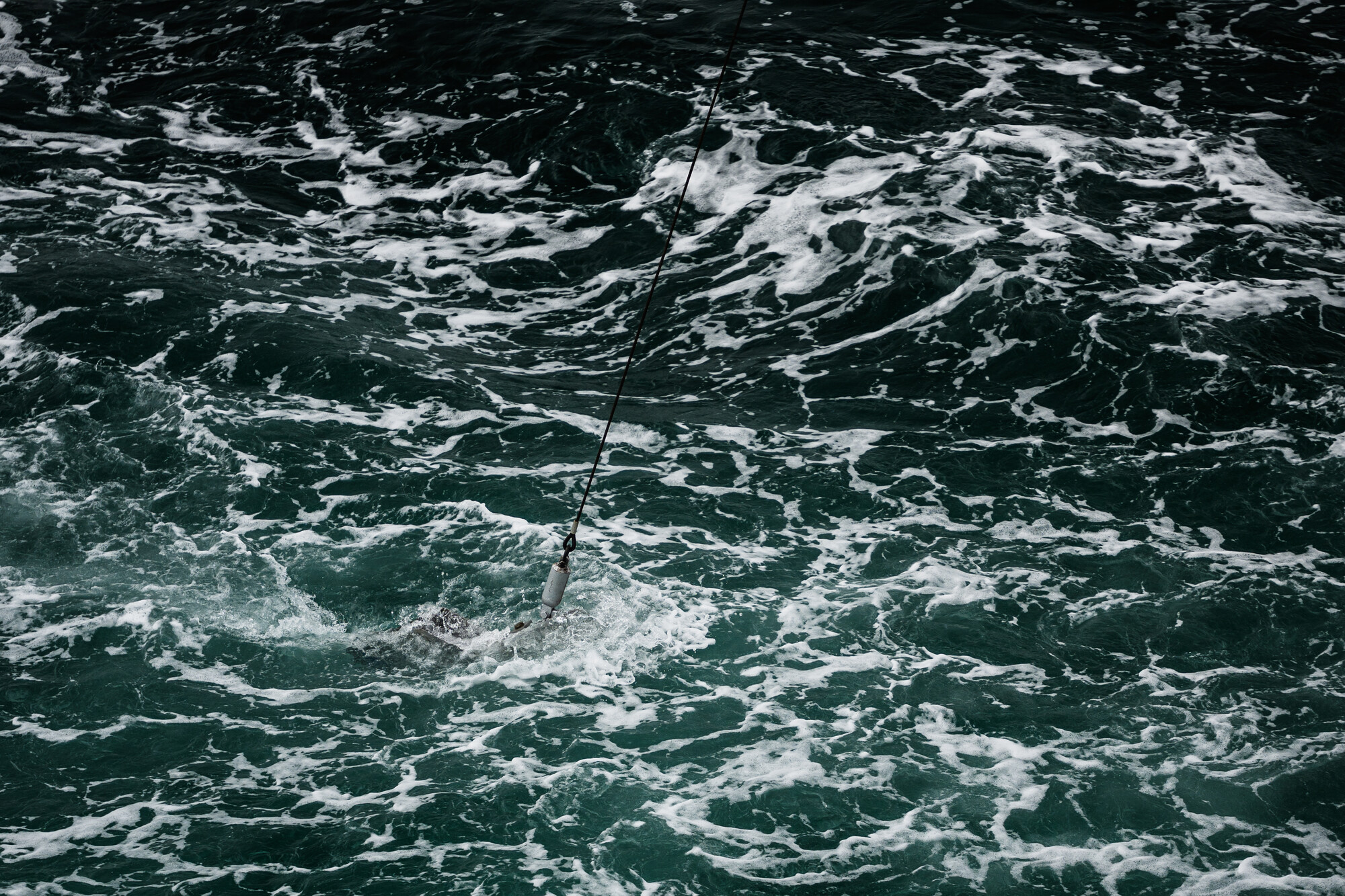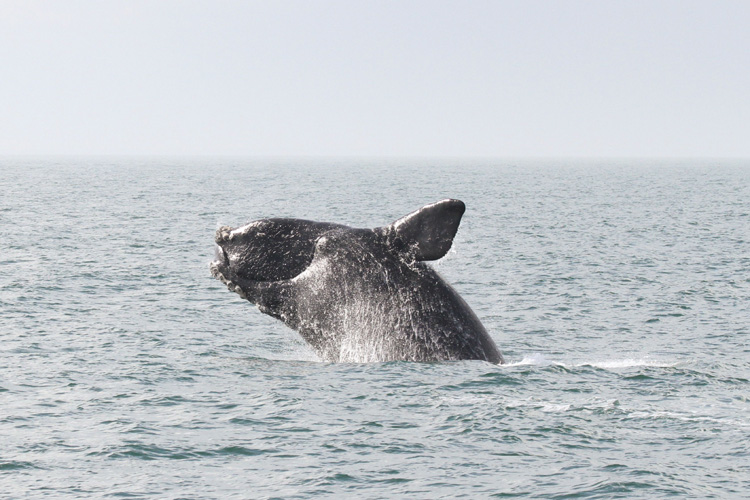The Marine Biological Association (MBA) has welcomed the ratification and imminent entry into force of the High Seas Treaty (formally the Agreement on the Conservation and Sustainable Use of Marine Biological Diversity of Areas Beyond National Jurisdiction, BBNJ). This landmark agreement marks a pivotal moment for ocean governance and biodiversity protection.
“We enthusiastically welcome the adoption of the High Seas Treaty as a landmark step toward safeguarding the health of our global ocean,” says Professor Willie Wilson, Chief Executive of the MBA.
“The ocean is not a distant environmental concern, it is the living pulse of our planet and a cornerstone of national resilience, food security and economic prosperity. Over 80% of our ocean economy depends on a thriving and diverse marine ecosystem. Protecting ocean biodiversity is not just an environmental imperative; it is a strategic investment in global stability and economic sustainability.”

Negotiated over two decades, the Treaty was adopted on 19 June 2023. After years of international discussions, high seas governance gaps have now been addressed through four main pillars: marine genetic resource sharing, area-based management tools including marine protected areas (MPAs), environmental impact assessments, and capacity-building/transfer of marine technology.
This month, the Treaty achieved the critical threshold of 60 ratifications, triggering a 120-day countdown for its entry into force. The UK has committed to introducing the necessary legislation to ratify the Treaty by the end of 2025.
Dr Nova Mieszkowska, Senior Research Fellow at the MBA, emphasises the importance of effective implementation: “The ratification of the High Seas Treaty is an historic, legally binding, international agreement aimed at protecting marine systems in international waters. More than 60 nations have pledged to increase the amount of high seas Marine Protected Areas (MPAs) from 1% to 30% by 2030 to achieve the biodiversity goals of the Kunming-Montreal Global Biodiversity Framework.
“This is an ambitious target, with co-operation and collaboration between nations and self-governance being vital to successfully safeguarding the global oceans.
“Governments will need to use robust scientific evidence and expertise to ensure that future actions are underpinned by sound science. Engaging with scientists to minimise harmful human activities within MPAs, including resource extraction and industrial fishing, will be vital to prevent future damage to high seas ecosystems. Currently, some MPAs within territorial waters are not fully protected with respect to activities such as bottom trawling, and it is vital that all member states ensure that High Seas MPAs are effectively managed and monitored to avoid similar issues undermining progress toward halting biodiversity loss in our oceans.”

The MBA played an active role in advocating for this agreement, and continues its commitment to providing scientific data, monitoring, and policy advice to support effective implementation. Professor Wilson has spearheaded the MBA’s involvement in international policy talks, including at the UN Ocean Decade and other forums pressing for robust ocean observation and legal frameworks.
“The High Seas Treaty represents a pivotal opportunity to transform our relationship with the ocean from exploitation to stewardship,” Professor Wilson adds. “Through innovation, international collaboration and informed policy, we can reverse the decline in biodiversity and lead the transformation toward a thriving ocean future. To safeguard the ocean is to safeguard humankind. This treaty is a bold step forward, and we are proud to support it.”